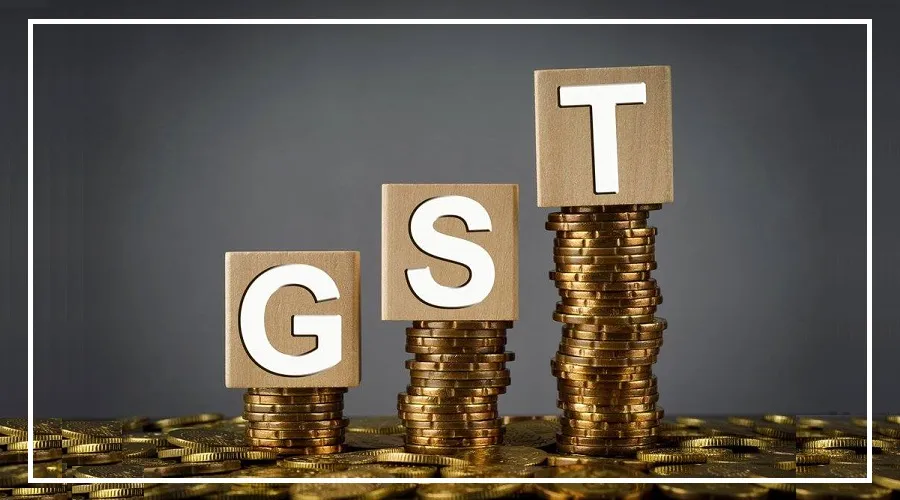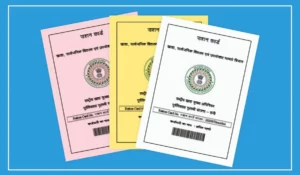If you run a business and file GST returns, there is an important update for you. Starting May 2025, the government has made a major change in the GSTR-1 form.
Now, traders will have to give separate details of B2B (business-to-business) and B2C (business-to-consumer) transactions.
Why This Change?
The main aim is to make GST returns clearer and more accurate. The government wants all tax-related data to be transparent so that it becomes easier to identify how much business is being done in which category. It will also help in:
Catching tax evasion
Matching e-invoice data with returns
Making the overall GST system stronger
What’s Changed in GSTR-1?
Earlier, Table 12 of GSTR-1 had a single section. Now it has been split into two parts:
B2B Transactions:
Must include HSN Code and unit of measurement
Mandatory to fill this data
B2C Transactions:
A new section added
For now, filling this data is optional, but the government wants traders to start entering it voluntarily
It may become mandatory in the future, so early compliance is encouraged
What Does ‘Warning Mode’ Mean?
This change is currently in warning mode. This means:
Even if you do not enter data in the new sections, your return will still be accepted
However, since it might become compulsory later, it’s wise to start following the new format now
Problems Faced by Small Traders
After the update, some small business owners, especially those dealing only in B2C sales, faced system errors while entering details in the B2B section. This happened because the system expected data even when they had no B2B sales.
To solve this, the government has given a workaround:
Enter HSN code and unit
Fill ‘0’ in all value fields
This allows the return to be filed without showing any error
What Do Tax Experts Say?
Tax professionals believe this move will:
Improve transparency
Help with easy matching of e-invoice and return data
Make tax audits smoother
Increase trust in the GST system
The government is working to make GST more data-driven and accurate. By starting to adopt these changes now, businessmen can avoid future complications and ensure smoother compliance.
























